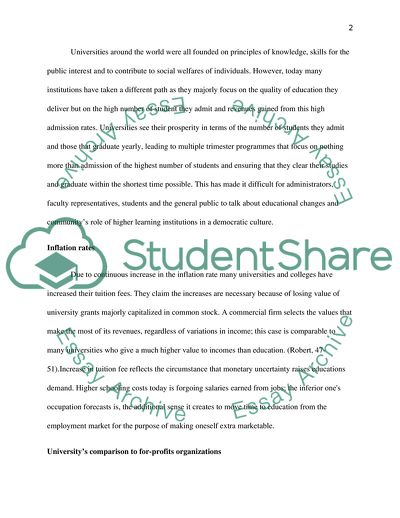Cite this document
(University as Business Term Paper Example | Topics and Well Written Essays - 1500 words, n.d.)
University as Business Term Paper Example | Topics and Well Written Essays - 1500 words. https://studentshare.org/education/1816748-university-as-business
University as Business Term Paper Example | Topics and Well Written Essays - 1500 words. https://studentshare.org/education/1816748-university-as-business
(University As Business Term Paper Example | Topics and Well Written Essays - 1500 Words)
University As Business Term Paper Example | Topics and Well Written Essays - 1500 Words. https://studentshare.org/education/1816748-university-as-business.
University As Business Term Paper Example | Topics and Well Written Essays - 1500 Words. https://studentshare.org/education/1816748-university-as-business.
“University As Business Term Paper Example | Topics and Well Written Essays - 1500 Words”. https://studentshare.org/education/1816748-university-as-business.


